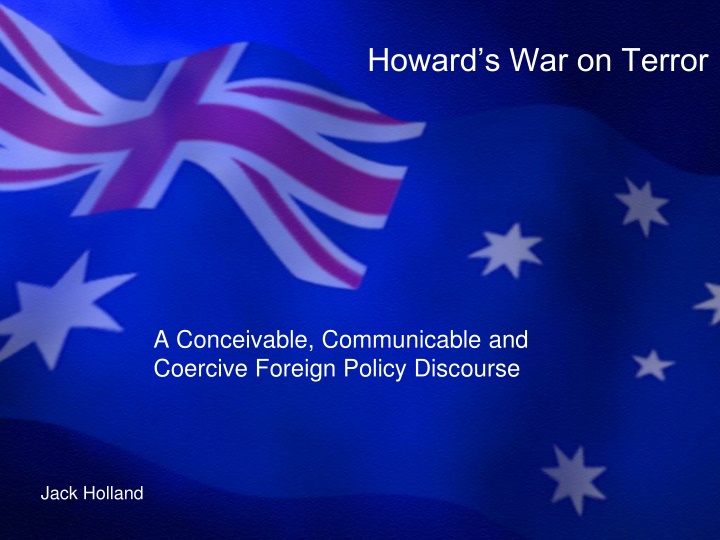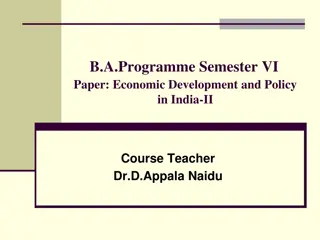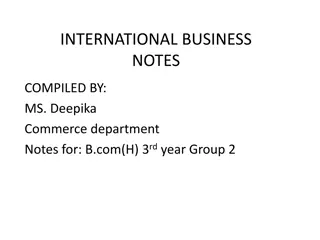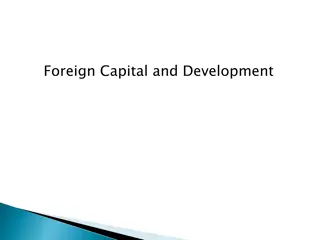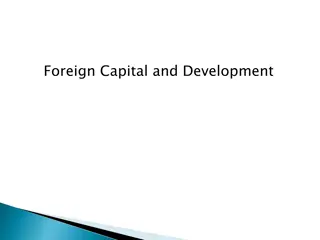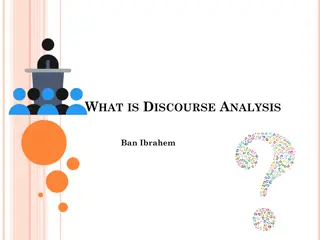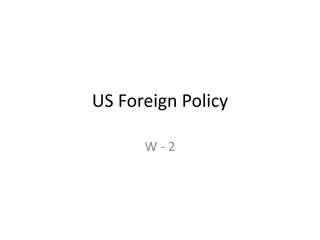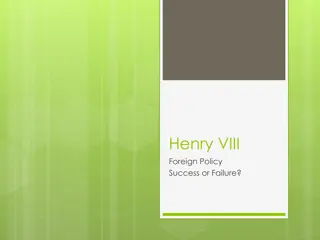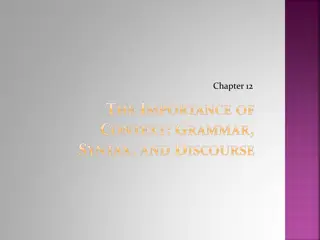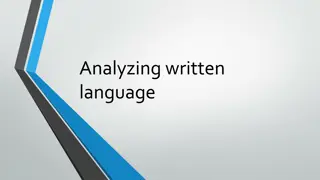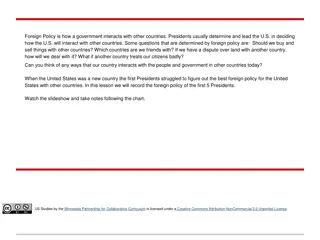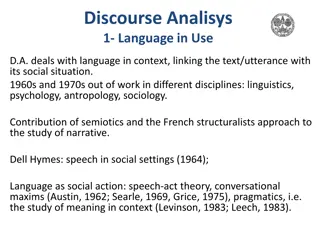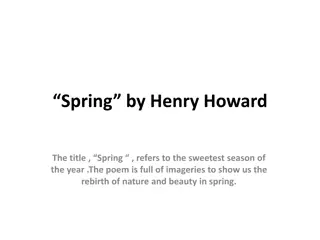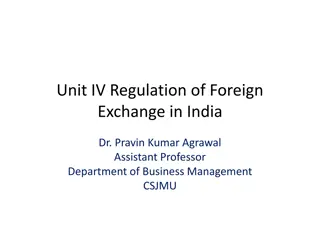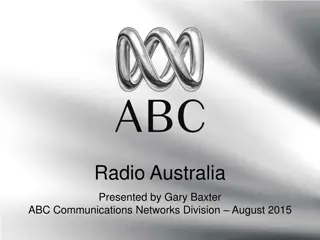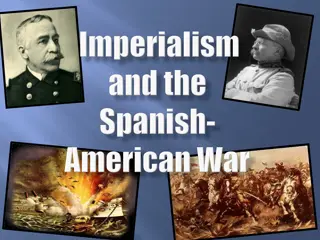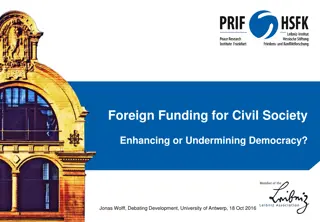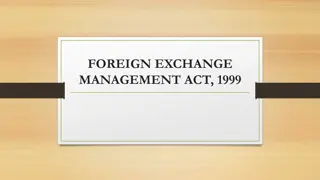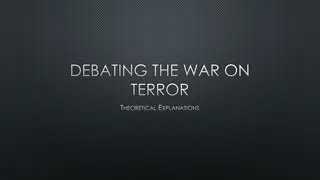Australia's Foreign Policy Discourse in Howard's War on Terror
Australian foreign policy under Howard's leadership during the War on Terror was shaped by a unique language and discourse that made it conceivable, communicable, and coercive. The narrative explores the contextual background, theoretical framing, and response to events like 9/11 and Afghanistan, emphasizing how language played a crucial role in shaping policy decisions. The discourse reflects a shift in Australian foreign policy identity and values, from a Hobbesian geographical imagination to a traditionalist approach.
Download Presentation

Please find below an Image/Link to download the presentation.
The content on the website is provided AS IS for your information and personal use only. It may not be sold, licensed, or shared on other websites without obtaining consent from the author.If you encounter any issues during the download, it is possible that the publisher has removed the file from their server.
You are allowed to download the files provided on this website for personal or commercial use, subject to the condition that they are used lawfully. All files are the property of their respective owners.
The content on the website is provided AS IS for your information and personal use only. It may not be sold, licensed, or shared on other websites without obtaining consent from the author.
E N D
Presentation Transcript
Howards War on Terror A Conceivable, Communicable and Coercive Foreign Policy Discourse Jack Holland
Overview Argument Theory: Language and Possibility Not America! Australia s 9-11 Context: Howard s Australia, 1996-2001 Response: 9-11 and Afghanistan Translation: Iraq Conclusion
Argument How was the War on Terror possible (in an Australian context)? Empirical Coalition foreign policy was not monolithic Australian foreign policy discourse was distinct and divergent Theoretical Howard s language was enabling in three principal ways, helping to make foreign policy: 1) conceivable 2) communicable 3) coercive
Theory: Language and Possibility Discourse Framing Target Audience Cultural Terrain Possibility: Construct, co-opt, coerce
Language Cultural terrain Discourse Target audience Framing
Intro: Australias 9-11 In America, 9-11 induced a discursive void Silence, disbelief, shock In Australia, the void that followed was highly mediated by an enduring Hobbesian geographical imagination 9-11 was further proof that the world beyond Australian borders was dangerous
Context: Howards Australia The national interest From geography to history Australian values Fearful geographical imagination Traditionalism Shocks
(new) values National interest Howard s Language Asia to US Geography to history Australian National Identity Identity Foreign Policy Culture Hobbesian Geographical Imagination Traditionalist foreign policy tradition
Response: 9-11 and Afghanistan Emotion: I think it is important that countries like Australia play a role in identifying ourselves with the Americans. I mean, just because you are big and strong doesn t mean that you can t feel lonely and you can t feel that your heart has been ripped out. And I think that it s very important, therefore, that Americans know that they have got some really good, reliable friends . (Howard 2001d). Shared values: [T]hat attack of eleventh of September was as much an attack on Australia as it was on America. It not only killed Australians in the World Trade Centre, but it also assaulted the very values on which this nation is built . (Howard 2001b).
Translation: Iraq Mateship: Most of all, we value loyalty given and loyalty gained. The concept of mateship runs deeply through the Australian character. We cherish and where necessary we will fight to defend the liberties we hold dear . We resolve to work ever closer together to root out evil, we resolve ever more firmly to extend the hand of Australian friendship and mateship ... We are Australians and Americans and others together in the campaign against evil . ANZAC: You are seeking to bring to the people of Iraq, who have suffered so much for so long, the hope of liberty and the hope of freedom, and your example, your behaviour, your values, belong to that great and long tradition that was forged on the beaches of Gallipoli in 1915 . We are fighting now for the same values the ANZACs fought for in 1915: courage, valour, mateship, decency (and) a willingness as a nation to do the right thing, whatever the cost .
Conclusion Empirical and theoretical contribution Distinct and strategic Australian foreign policy discourse Language and possibility Identity and intervention
